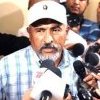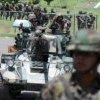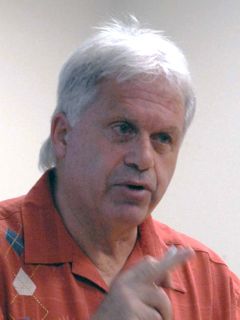Arnold August
Author/journalist/lecturer Cuba specialist. First book Democracy in Cuba and the 1997-98 Elections (English, 1999). Chapter entitled “Socialism and Elections”, in Cuban Socialism in a New Century: Adversity, Survival and Renewal, edited by professors Max Azicri and Elsie Deal (University Press of Florida, 2004). Upcoming (English, Spanish, French, fall 2010) Cuba: Participatory Democracy and Elections in the 21st Century. Member of LASA (Latin American Studies Association).
18 articles





